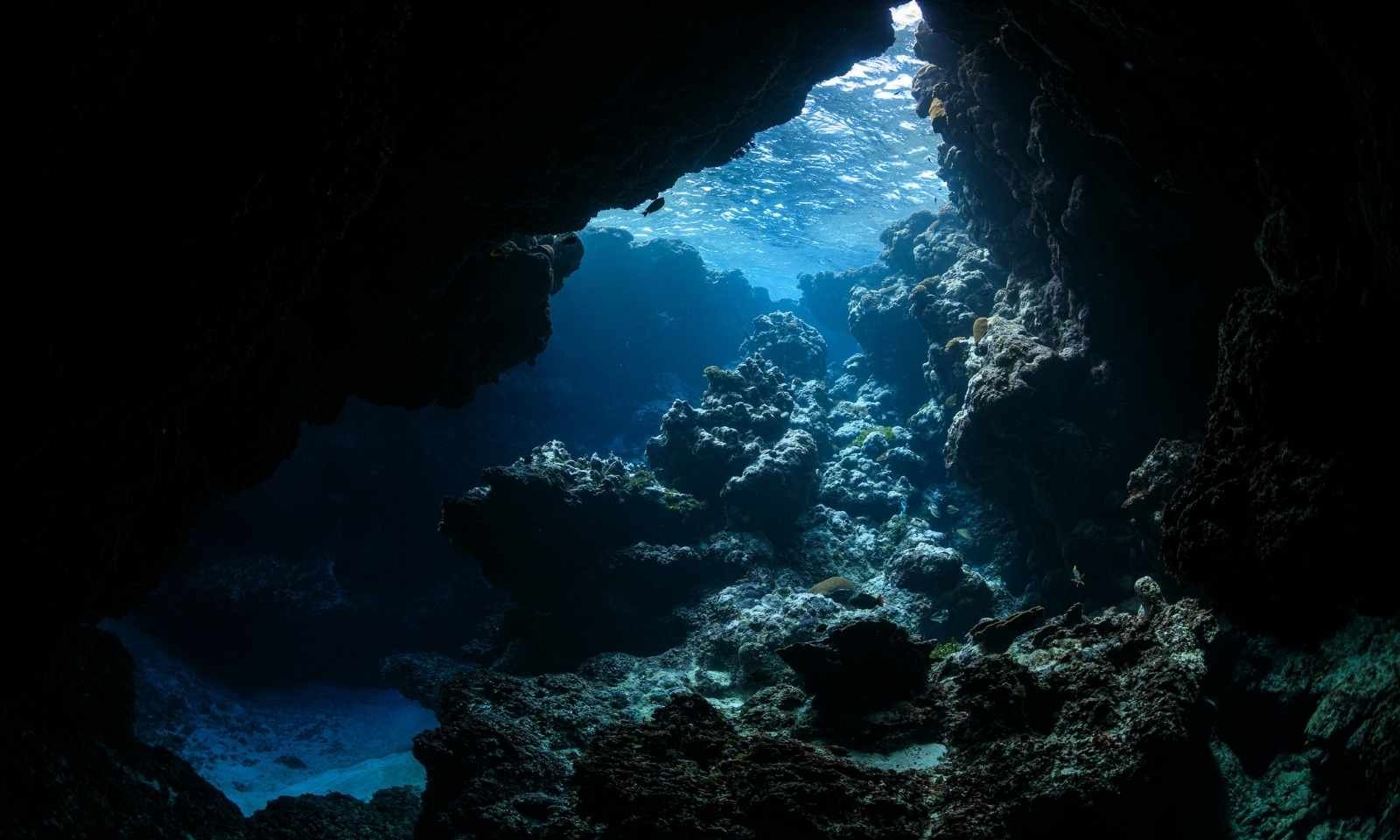

A large school of fish swim in a coral reef near Rotuma - a small volcanic island that is a self-governing dependency of Fiji.
Photo/National Geographic Pristine Seas/Manu San Félix
From Kadavu to the Ringgolds: Fiji expedition dives into ocean research
A Pacific marine mission is two weeks into surveying Fiji’s waters, combining deep-sea technology with Fijian-led insights to map biodiversity and establish conservation priorities.

Time for an Indigenous State of Origin? The All Stars game shows who really powers the NRL



An expedition team, which launched from Suva earlier this week, is heading south to begin surveys around Kadavu Island.
The mission is part of a broader expedition, backed by National Geographic Pristine Seas, which aims to assess marine biodiversity and support national marine spatial planning in the Pacific. Recent initiatives in Rotuma and Tuvalu included deep-sea and shallow-water surveys, which will inform Tuvalu’s first national ocean policy.
Kelly Moore, the expedition lead for Fiji, says their first few days have focused on community engagement and shakedown dives. For the next two months, the team will study the waters around Fiji. They anchored near Dravuni Island, where they received a “wonderful and warm” welcome from the local communities.
This reception granted Moore and her team the opportunity to engage with the local community, from students and youth to community leaders. “It's been really fun. [Wednesday] was our first full day of work and surveying here in Fiji,” Moore says.
“We have a wonderful group of local scientists and partners on board with us: six on board our ship and our team is a total of 18. We have a very knowledgeable local navigator who's helping inform our route as we pass through these reefs and passages and waters we've never been before. So, their local knowledge is invaluable to our boat captain and our team in shaping how we move throughout the space.
“We also have some other local government representatives. It's been a nice kickoff, everyone's getting along very well. Lots of laughter throughout the day and into the evenings. We're all listening to each other, learning from each other and it's been a wonderful first couple of days. I can't wait to see what the rest of this expedition has in store for our team.”
Watch Kelly Moore’s full interview below.
Invited by the Fijian government, Moore says they aim to fill “information gaps” along Kadavu’s southern shores, areas historically limited by high winds. She adds that local organisations and community leaders are already carrying out work in these regions, and their team plays a supporting role.
After completing the nearshore studies, the expedition will shift focus to deeper waters around the Great Sea Reef and the Ringgold Isles. New teams will deploy deep-sea tools including cameras that can descend to 6000 metres.
“We're interested in looking at the connectivity between that offshore deep sea area and the near shore communities. That’s partly why we're engaging on that expedition. We're looking at birds that utilise that habitat, the marine mammals that migrate through that pathway,” Moore says.
“That deep sea area has very little data that exists on it to date. We're excited to explore there. This is an area of national and global significance. That's why we're focussing also in that deep sea area of Fiji.”

A cavernous reef located near Ituʻtiʻu, one of the seven districts on the island of Rotuma, which is a self-governing dependency of Fiji. Photo/National Geographic Pristine Seas/Tane Sinclair-Taylor
A key output of the mission is a documentary, like previous expeditions, which is currently in production. Moore says the film, shaped by months of storytelling and interviews with Fijian communities, aims to spotlight local conservation priorities and marine biodiversity.
Moore says the expedition’s success relies heavily on collaboration with local partners and community leaders, from route planning to site selection, and knowledge sharing. She says this cooperation ensures that cultural and ecological relevance is woven into their work.
“That is just one of the best parts about expeditions for me, is getting to engage with the local community, local partners, and having them along for the ride. This is a remarkable experience for me. I never forget these expeditions personally, and I understand that that's the same for each one of them too.
“To be able to leave behind some skills, resources and connections to continue the work moving forward is very critical. So everybody on board is learning from each other, and with that, they're also bringing a lot to this entire team dynamic. We just couldn't be successful without our local partners, so thank you," Moore says.
The Fiji expedition will continue through August, with the documentary expected to be completed and returned to communities by mid-2026.